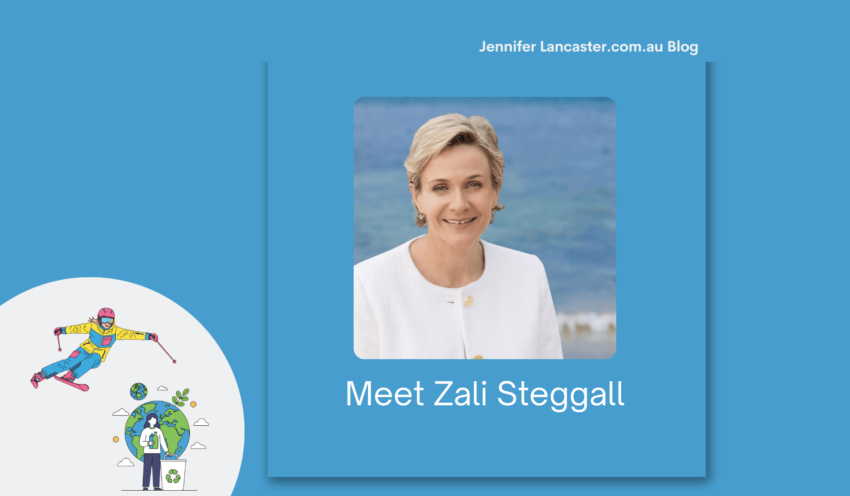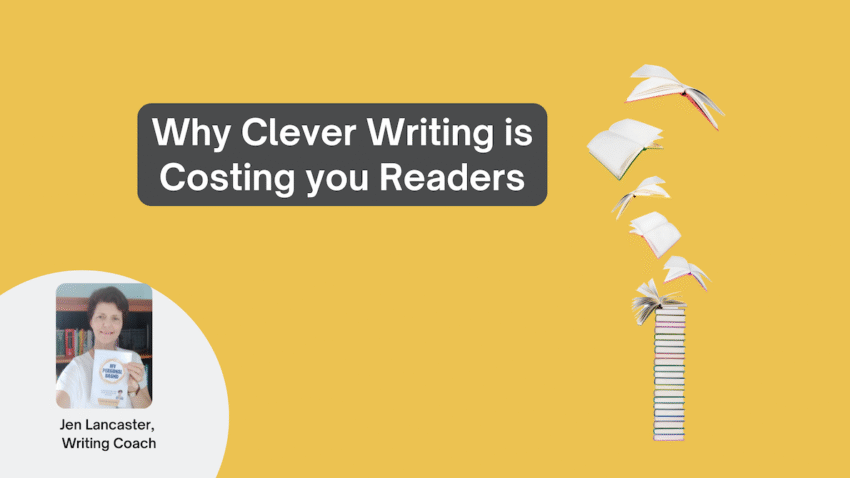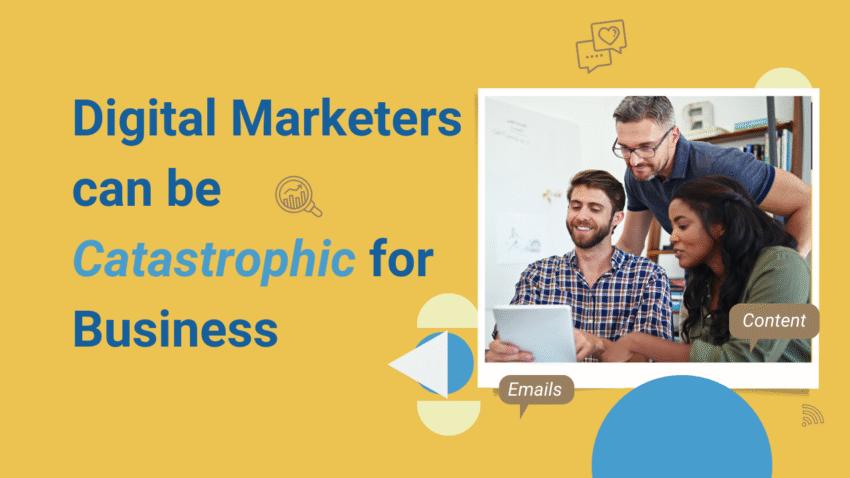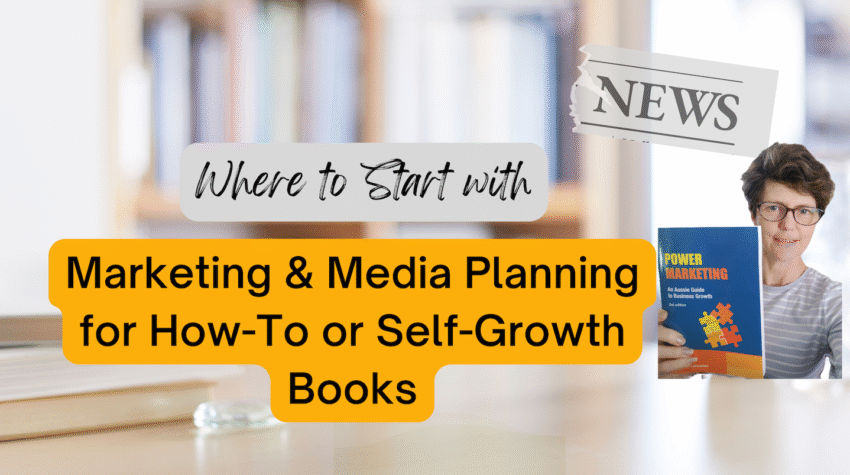In the 1990s I went to see a band called TISM. This is Serious Mum is an anonymous, energetic rock band which riffs on social themes and is quite ‘out there’. Now what has this got to do with book creation and engaging an audience, you might ask? (Engagement is key to creating a buzz pre-launch and post-launch.)
Three things:
- Suburban and urban themes, real hypocrisy
- Energy
- Novel ideas – no idea is too out there
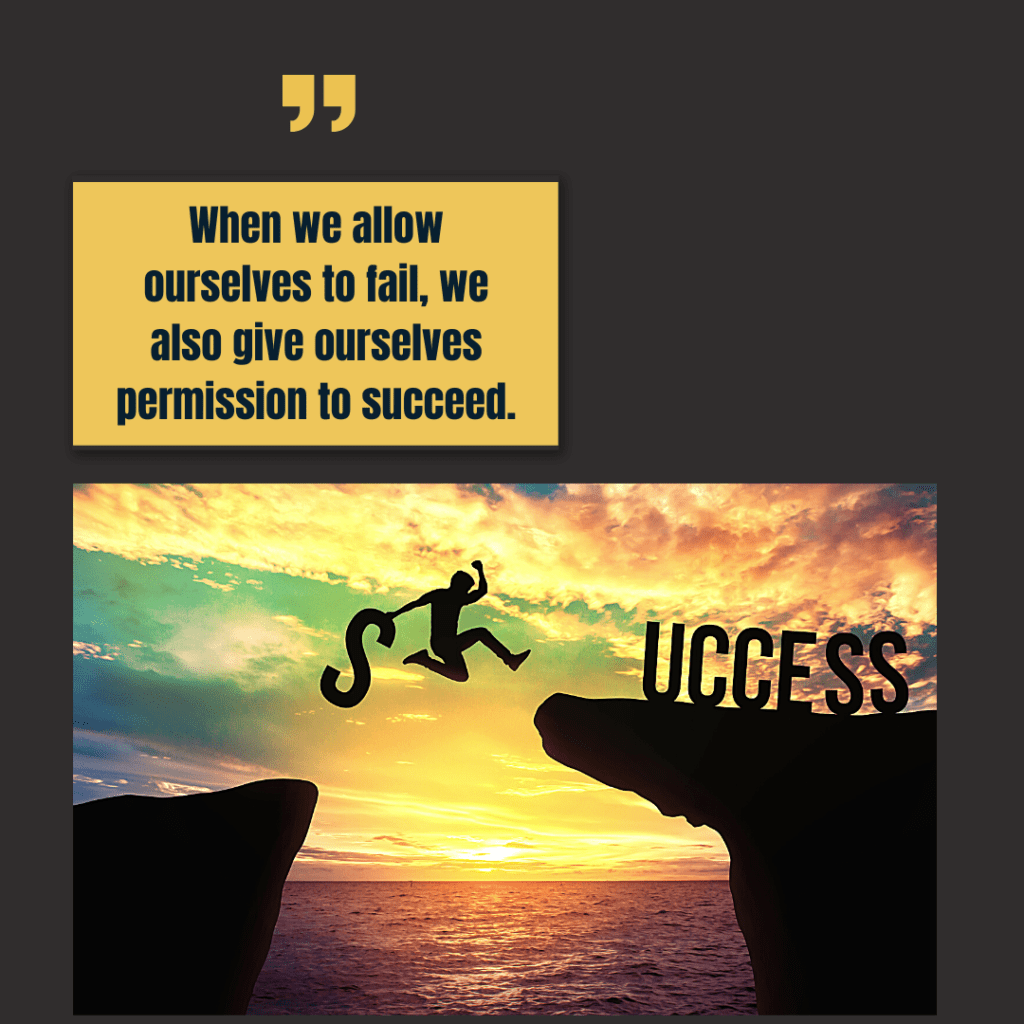
Bring the energy to your Category of One
Now let’s bring that kind of vibe to these thoughts on trend waves and involving the world in your book creation. This is a radically different thing than writing a book you like and putting it up on Amazon KDP to hope for sales… la, la, la.
You need to write in a category of one.
Why do we need radical ideas and to live in a category of one?
Well, there’s about 16 million English-language titles that your book competes with on Amazon: that’s one reason. Then your book competes with the millions of educational videos already on YouTube, SkillShare classes, and Masterclasses.
If you don’t quickly get a platform either in business or in social media and websites, your idea for selling books is dead in the water.
For more on creating a category of one, see ‘Snow Leopard’ (short book) by The Category Pirates.
Benefits of collaborative book creation
Here is one idea: you can get someone more famous and blindingly good-looking than you to be a co-author and then you bring the writing chops. But with these types, don’t bother waiting months for their portion – the influencer is best to do the video promotion/speaking part they are good at.
As a co-author, you will still need to put together a book website page or LinkTree and an Instagram and FB account, for the inevitable promotional push, however there is a lot more platform-building you could do that you won’t. I suspect this because most of my actual blog readers are not video bloggers (vloggers) or Insta-babies who grew up with a mobile in their sweet litte hands.
The benefit of collaborating is that you both can sit in your special core talents and do well. Other collaborations, such as one historian/one consumerist writer, can benefit in having a writing synergy.
You can also achieve more with an experienced book writing coach/editor, just like business owners can achieve more with a business coach.

Market-driven ideas and getting feedback
Michael Hyatt speaks on the importance of thorough research and market analysis in the book publishing process. In his book “Platform: Get Noticed in a Noisy World,” he discusses the significance of understanding your audience and conducting research to identify topics that resonate with them.
I trust his advice after I heard how many people read his blog. At the time it was 350,000 per month!
Some ways you can get instant, real research:
A. Use social media polls to gather people’s emotional drivers and opinions
B. Ask in a Reddit group about your specific topic. There is a Subreddit for every topic.
C. Take to Google Trends and ‘AnswerthePublic’ to search for niche topics that trend more than others. But if you don’t yet know the topic keywords, start surfing the Google News.
More information on this aspect is in the Mega Book and Course Planning workbook.
Collaborative Writing Strategies
As well as Co-authoring with other writers or experts in the field, there are Crowdwriting platforms.
Three Crowd-writing platforms:
1. Prose is a crowdwriting platform that allows writers to collaborate on stories, poems, and novels. One main benefit of Prose is its user-friendly interface, which makes it easy for writers to connect and collaborate seamlessly, enhancing the creative process.
2. Inkitt is a platform where writers can share their work, receive feedback, and collaborate with other writers and readers. One main benefit of Inkitt is its built-in analytics feature, which helps writers understand reader engagement and preferences, enabling them to tailor their content to their audience effectively.
3. Story Wars is a crowdwriting platform that gamifies the writing process, allowing writers to collaborate on stories in a competitive environment. One main benefit of Story Wars is its interactive nature, which fosters creativity and engagement among writers while also providing a fun and dynamic platform for collaboration.
Engaging Your Audience throughout the Process
- Sharing behind-the-scenes glimpses of your book creation journey
- Hosting live Q&A sessions or webinars with your audience
- Encouraging reader involvement through contests, challenges, and polls
- Incorporating feedback from writing communities and workshops
- Crowdfunding and Pre-order Campaigns
Crowdfunding Publishing
A lot of new authors are turning to crowdfunding their book creations. To be successful, the creator needs to know what’s happening in the news media and (your version of) the internet underground.
Plus, you shouldn’t assume that just because you can list your book project, that it will get enough attention or be picked up. In fact, it’s a lot of the same work to get a publishing deal or pre-sell books as usual!
You will offer exclusive perks and rewards to backers – which, for example, can range from a $10 eBook to a $28 paperback to a $50 event launch with book. Awesome photos are crucial.
You will need to create compelling pre-order campaigns to generate excitement.
UnBound – UK based — has a focus on crowdfunding specifically for books. It’s a platform tailored to authors looking to engage an audience and secure funding for their projects. The specific book proposed has to first attract pledges to secure a book publishing offer. You as an author give them 30% of the revenue, so in that way it’s a bit like a literary agent. They support both niche and cult topics.
Indiegogo is a versatile crowdfunding platform that supports a wide range of projects, including books. It offers authors the opportunity to reach a large audience beyond the literary community and tap into various funding options and campaign strategies. So if it’s something around sport or health or one of those perennial community favourites, this is a better path for you.
Choose a flexible goal to ensure you receive the funds.
Publishizer distinguishes itself by combining elements of crowdfunding with traditional publishing, offering authors a platform to pitch their book ideas to literary agents and publishers while also allowing them to leverage crowdfunding to demonstrate market demand and support for their projects.
Example of a successful campaign: https://publishizer.com/live-life-live-offline/
Each platform caters to different author needs and project goals, providing authors with a range of options to bring their books to fruition.
Incorporating User-Generated Content

A. Encouraging fans to contribute artwork, stories, or testimonials
Involving your audience in the creation process can foster a sense of ownership and community around your book. In the book ‘Launch’, Jeff Walker talks endlessly about the reasons and monetary benefits of this.
Encouraging fans to contribute artwork, stories, or testimonials not only enriches the content but also deepens the connection between you and your audience. Whether it’s fan art, personal stories related to themes of your book (if not too touchy) or testimonials praising the impact of your work, user-generated content adds authenticity and diversity to promotions. By actively soliciting contributions from followers, you empower them to become co-creators and advocates for your book.
B. Hosting contests or challenges for user-generated content
Hosting contests or challenges is an effective way to incentivize and mobilize your audience to contribute user-generated content. You can organize themed contests related to your book’s central theme, inviting fans to submit their creations to win a prize.
One guy hosted a 30 day blog writing challenge, which is an ideal contest to spark creativity and engagement – as long as you get to highlight your book’s main message and attractive parts.
Out-there contests generate buzz around your book, attracting new readers, but don’t try that ‘I’m giving away a $10 million home’ for $29 entries like minx Roxy Jacenko. You could get into some hot water. (The person has to draw the two winning envelopes without touching the others, unlikely!)
C. Incorporating user contributions into your book or marketing materials
Look around at your inbox – are there lots of feedback on past books or similar – these are valuable additions to your book or marketing materials, enriching the overall experience for readers and fans. Incorporating fan stories or testimonials into your book highlights their brave talent and also adds depth and authenticity to your narrative. Reviews and testimonials can be visual highlights on your website, Amazon sales page, and social media channels, thus utilising social proof.
Remember to ask for permission, especially if using others’ artwork or stories. Meaningfully engaging with readers can live on long after your book launch.
If you prefer to learn rather than give over your cash, try my Book Creation Self-Publish course. It’s for empowerment.

